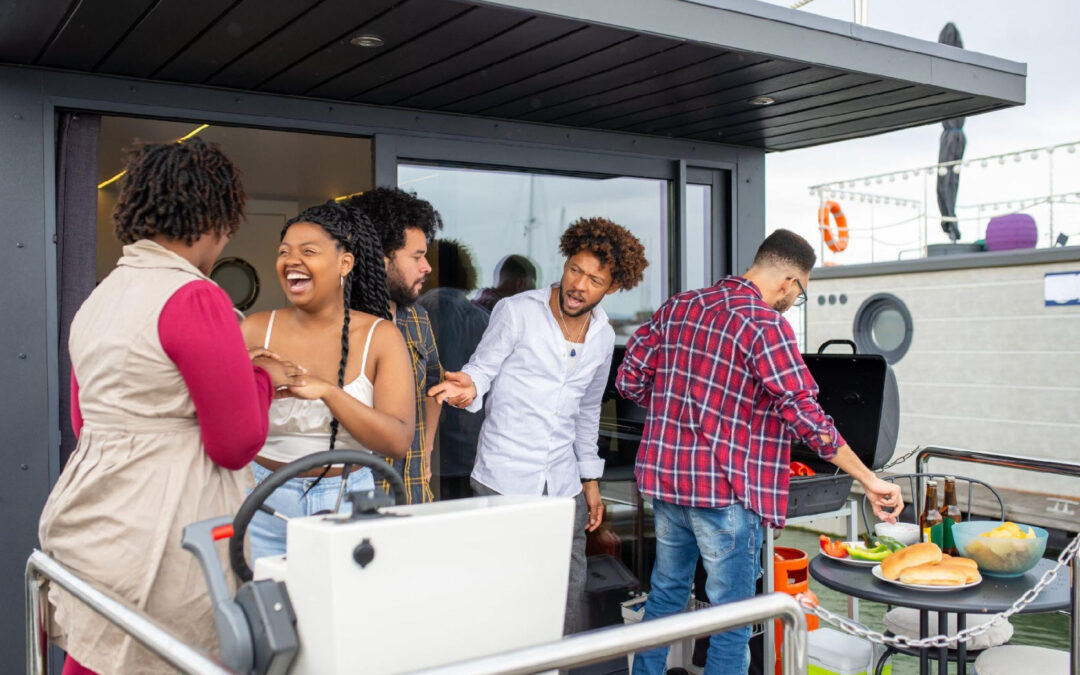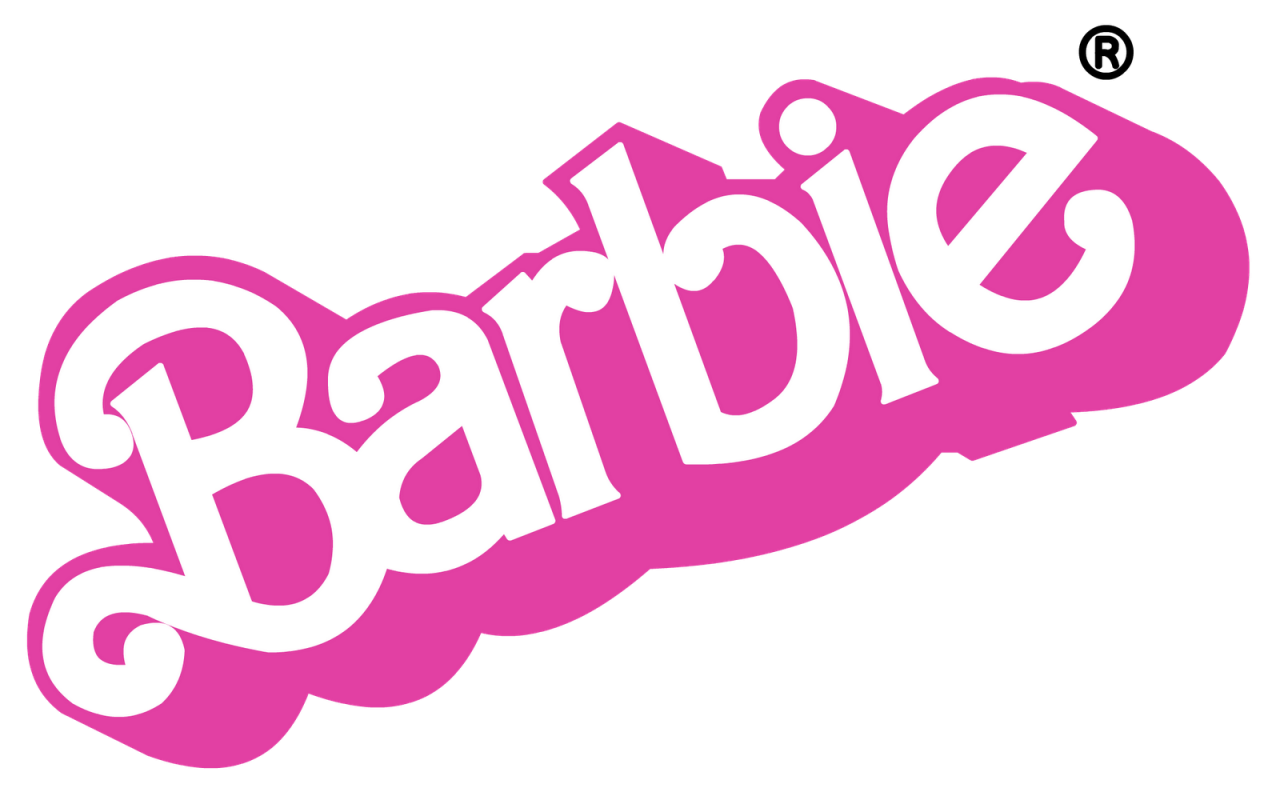Tailgating is often associated with sports, hearty food, and passionate fans gathering before the
big game. But have you ever considered the educational aspects intertwined with this age-old
tradition? Let’s dive deep and explore how tailgating and education collide on campuses.
The Evolution of Tailgating
A Historical Perspective
Have you ever wondered how tailgating originated? The exact roots are debatable, but many
believe it traces back to ancient civilizations celebrating victories with feasts and gatherings.
Fast forward to the 19th century, and the concept of pre-game festivities took root in American
colleges. Picture this: horse-drawn carriages, picnic baskets, and fervent fans.
Modern Day Revelries
From horse carriages to decked-out vans, the transition is nothing short of fascinating. Today’s
tailgates feature elaborate setups, gourmet grills, and interactive games. Isn’t it amazing how a
simple gathering has evolved into an almost theatrical production?
The Educational Side of Tailgating
Learning Outside the Classroom
You might be thinking, “How does tailgating teach me anything?” Well, have you ever learned a
new recipe from a neighboring grill master? Or perhaps you’ve picked up the history of a college
rivalry? This informal setting offers valuable lessons in cooking, history, and even physics (ever
tried to set up a tent in the wind?).
Cultural Exchange and Connections
As fans from various backgrounds mingle, tailgating becomes a melting pot of cultures. Ever
tasted a dish from another country at a tailgate? Or learned a new language phrase while
cheering? Such exchanges enrich our knowledge and broaden our horizons.
Skill Development and Teamwork
Just as research paper writing hones analytical, organizational, and collaboration skills,
tailgating offers a similar opportunity for skill enhancement. The latter, akin to the sports events
it accompanies, demands prowess in organization, planning, and teamwork. Setting up a
tailgate is reminiscent of crafting a well-structured research, requiring careful coordination from erecting tents to planning meals. Therefore, students often turn to
https://papersowl.com/research-papers that their research would be ready in time. The
meticulous process is much like piecing together a comprehensive research, emphasizing
the importance of project management and collaboration. Moreover, the collective efforts in
initiating or concluding a tailgate event echo the teamwork and responsibility often needed in
collaborative paper writing projects.
The Social Aspects
Building Bonds and Networks
Ah, the camaraderie of a tailgate! Friendships forged over grilled burgers and shared team spirit
can last a lifetime. And who knows? The person you’re cheering with today might be your
business partner tomorrow.
College Traditions and Rivalries
Every college has its unique tailgating traditions. Whether it’s a special chant or a unique dish,
these traditions connect generations. And the playful banter between rival fans? It’s all in good
fun and adds spice to the festivities.

Safety and Etiquette
Responsible Reveling
While tailgating is fun, it’s essential to stay safe. Remember to designate a driver if alcohol is
involved. And always clean up your area. After all, we’re all here to have a good time, right?
Respect for All Attendees
Tailgates are inclusive events. It’s vital to ensure that everyone, irrespective of their team
allegiance, feels welcomed and safe. After all, at the end of the day, aren’t we all united by our
love for the game?
The Economic Impacts of Tailgating
Financial Flow in College Towns
Tailgating isn’t just fun and games. It’s big business! Think of the boost local businesses receive
from fans buying food, drinks, and merchandise. Many college towns rely on this influx during
game seasons.
Help for the nearby companies
Tailgating is good for the local economy because it brings in people who make handmade team
gear and restaurants that serve specials on game days. Everything works out well for everyone!
The creation of job opportunities
Another economic effect of tailgating that is often ignored is the jobs it creates. People who sell
food, work as security guards, clean up groups, and even temporary workers at local
businesses are in high demand on game days. This creates a short-term but major job boom in
the area, making sure that the benefits of tailgating are felt by everyone in the community.
Conclusion
In conclusion, tailgating is not just about the party; it’s a cultural and educational phenomenon
that enriches the college experience. From learning new things to building networks and
supporting the local economy, the intersection of tailgating and education is profound.
Authors’ Bio
James Hughey is a seasoned content writer with a passion for meticulous research and crafting
compelling narratives. Over the years, he has penned a wide array of essays, articles, and
research papers on diverse topics, always prioritizing accuracy and engagement. His dedication
to honing his craft is evident in the depth and quality of his writings, making him a trusted voice
in the world of content creation and scholarly writing.
Written: 10/29/23





